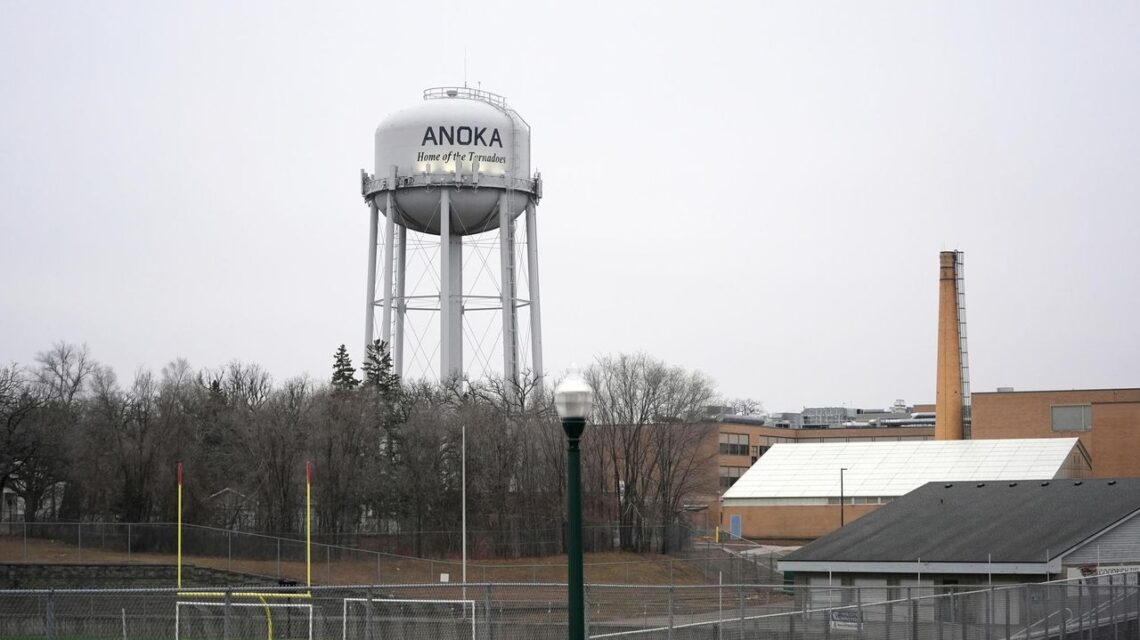The Minneapolis suburb of Anoka sits where Minnesota’s meandering 150-mile (241-kilometer) Rum River ambles into the mighty Mississippi. Like other communities, it touts itself as an agreeably placid place to live.
But last year, a federal investigation found Anoka illegally discriminated against residents with mental health disabilities, saying the city gave landlords weekly reports over five years revealing personal medical information of renters who received multiple emergency calls to their homes.
In at least 780 cases, the city also shared details about mental health crises and even how people had tried to kill themselves, all under the guise of enforcing an ordinance designed to deter crime and eliminate public nuisances, the U.S. Department of Justice said.
Laws like Anoka’s, one of hundreds enacted across the U.S. since the 1990s, have long drawn criticism for unfairly targeting poorer neighborhoods and communities of color. Now they are under scrutiny as sources of mental health discrimination.
“It’s horrific,” said Elizabeth Sauer, an attorney for Central Minnesota Legal Services, which serves low-income people. “Can you imagine having the most intimate details of your life just broadcast to every landlord in the city you live in?”
AN AMBIGUOUS AND ‘PRETTY AGGRESSIVE’ LAW
Anoka’s “crime-free” ordinance was enacted in 2016 and, at the time, City Council members said they were fighting crime and making neighborhoods safer. Jeff Weaver, who still sits on the council and did not respond to requests for comment, described the problem then as “some dirtbag landlords.”
This photo taken Friday, Feb. 2, 2024, shows pages from a letter sent from the U.S. Department of Justice to the Minneapolis suburb of Anoka, Minn. The letter, sent Tuesday, Nov. 7, 2023, details the department’s conclusions that the city’s enforcement of an ordinance meant to control crime by pressuring landlords to evict troublesome tenants discriminates against people…
Read the full article here







